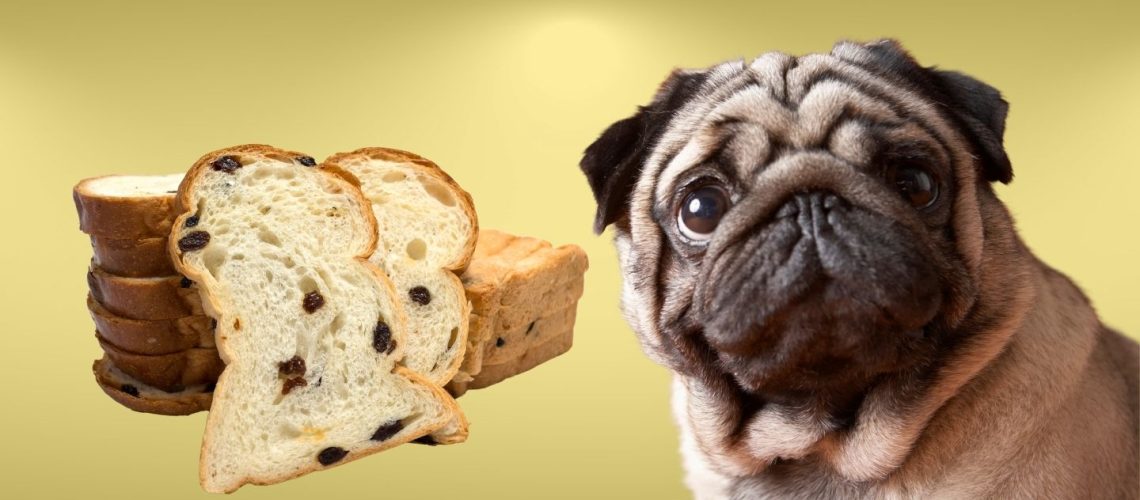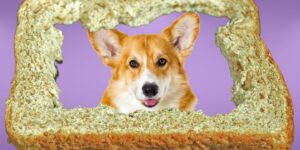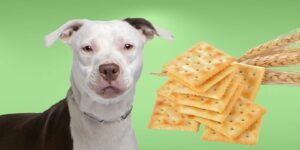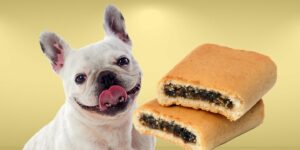The short answer to the question "Can dogs eat raisin bread?" is no, dogs should not eat raisin bread. Raisins are toxic to dogs and can cause serious health problems. While raisin bread might seem like a harmless treat, it's important to understand which foods are safe for dogs and which are not.
Raisin Toxicity in Dogs
Raisins can be highly toxic to dogs, causing various health issues such as kidney failure and even death. Here are some potential effects of raisin poisoning and the symptoms to watch for in your dog:
Symptoms of raisin toxicity in dogs
- Vomiting and diarrhea
- Abdominal pain
- Lethargy and weakness
- Dehydration
- Decreased appetite
Factors that can influence toxicity levels
- Size and weight of the dog
- Individual sensitivity to raisins
- Quantity of raisins consumed
Other Dangerous Ingredients in Raisin Bread
Raisin bread may contain other ingredients that are harmful to dogs, including sugar and artificial sweeteners, nuts and seeds, and spices and additives.
Sugar and artificial sweeteners
- Effects of sugar on dogs: High sugar intake can lead to weight gain, dental problems, and diabetes in dogs.
- Dangers of xylitol: Xylitol, an artificial sweetener, is highly toxic to dogs and can cause rapid insulin release, leading to hypoglycemia (low blood sugar) and possible liver failure.
Nuts and seeds
- Hazards of certain nuts for dogs: Some nuts, like macadamia nuts, are toxic to dogs and can cause neurological issues and other health problems.
- Allergic reactions to seeds: Some dogs may be allergic to seeds found in raisin bread, leading to skin irritations and digestive issues.
Spices and additives
- Common spices that can be harmful to dogs: Nutmeg, cinnamon, and other spices commonly found in raisin bread can be toxic to dogs in large quantities.
- Preservatives and artificial flavors: Some preservatives and artificial flavors may cause negative reactions in dogs, including gastrointestinal upset.
Prevention and Safe Alternatives
To keep your dog safe, take these preventive measures and consider dog-friendly treat alternatives:
Keeping raisin bread and other dangerous foods out of reach
Place bread and other potentially harmful foods in high or locked cabinets to keep them inaccessible to your dog.
Training your dog to avoid certain foods
Teach your dog the "leave it" command to help prevent them from consuming dangerous foods.
Dog-friendly treats and homemade alternatives
Offer your dog safe and healthy treats, such as carrots, apples (without seeds), or homemade dog biscuits made from dog-safe ingredients.
What to Do If Your Dog Ingests Raisin Bread
If your dog consumes raisin bread, take these steps:
Steps to take immediately following ingestion
- Assessing the situation: Determine how much raisin bread your dog ate and look for immediate signs of distress.
- Contacting a veterinarian or poison control center: Get advice on how to proceed based on your dog's situation.
Treatment options for raisin toxicity
- Inducing vomiting: Depending on the advice from your veterinarian or poison control center, induce vomiting to remove the raisins from your dog's stomach.
- Activated charcoal: In some cases, administering activated charcoal may help prevent toxin absorption.
- Intravenous fluids and supportive care: Your vet may provide IV fluids and other supportive care to help with dehydration and stabilize kidney function.
- Monitoring and follow-up care: Monitor your dog closely once at home and follow up with your veterinarian as recommended.
Conclusion
Understanding which foods are safe for dogs is crucial for ensuring their health and well-being. By providing a healthy and safe diet, you can keep your dog happy and avoid the dangers of foods like raisin bread. Always consult your veterinarian for advice on your dog's specific dietary needs and take immediate action if your dog ingests a potentially harmful food.











